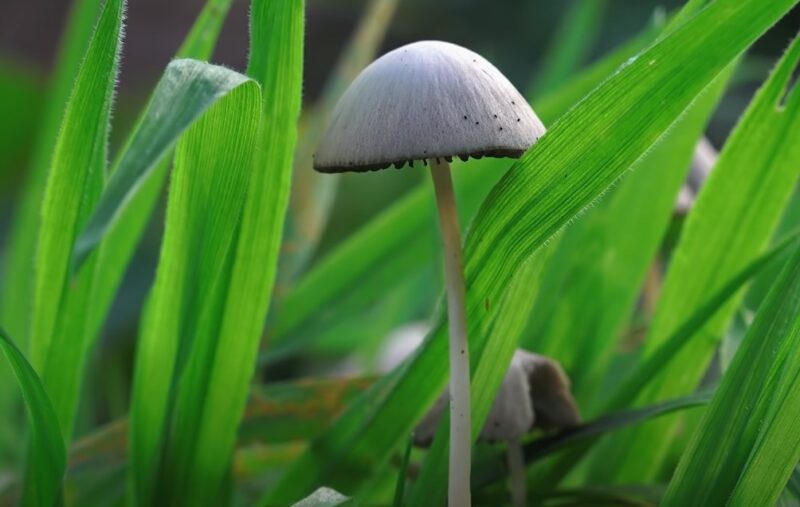As we continue to explore the complexity of the human mind, we also uncover potential treatments that were once considered taboo or controversial.
One such treatment is the use of psilocybin, the active compound found in certain mushrooms, often referred to as “magic mushrooms.”
The Science Behind Psilocybin
Before the implementation of this substance for medical purposes, it is essential to learn more about its effects, benefits, proper amount, and potential downsides.
Main Features
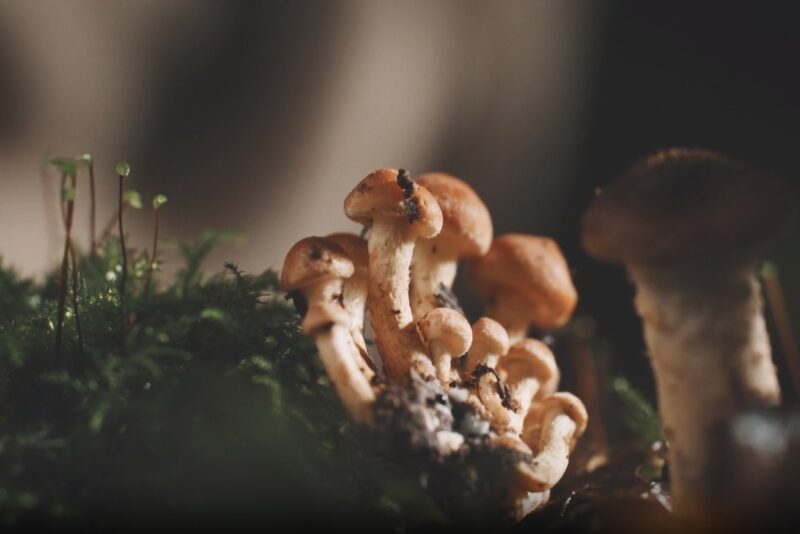
Psilocybin is a naturally occurring psychedelic compound found in over 200 species of mushrooms. When ingested, it’s converted into psilocin, which affects serotonin levels in the brain.
Serotonin is a neurotransmitter that plays a crucial role in mood, appetite, sleep, and various cognitive functions.
How It Affects the Brain?
Psilocybin’s interaction with the brain is multifaceted. It primarily binds to serotonin receptors, leading to altered perceptions, emotions, and thoughts. Recent research suggests that psilocybin can “reset” the brain’s connectivity, potentially offering relief from mental health disorders.
Potential Benefits
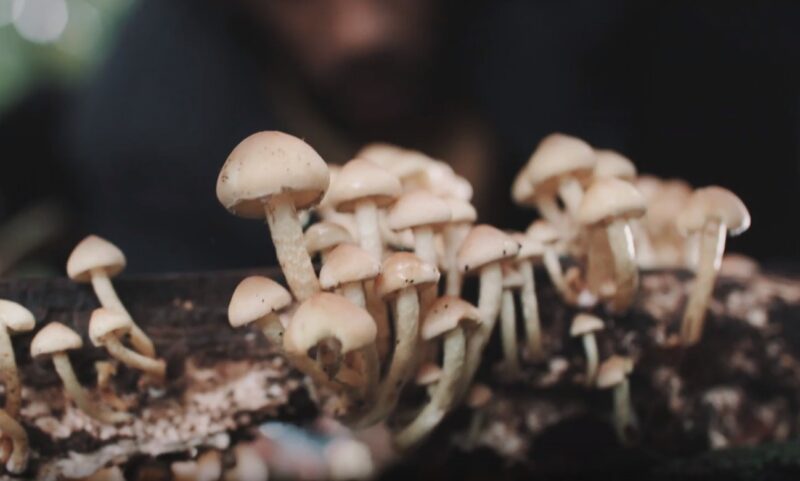
The crucial part is to understand that there are only “potential” benefits. That means the doctors are still researching the full scale of influence that this substance can bring. There are some positive results when it comes to effects on mental health.
For Depression
Depression is characterized by persistent feelings of sadness, hopelessness, and a lack of interest in life. Traditional treatments include therapy and antidepressants, but they don’t work for everyone.
Studies have shown that psilocybin can produce rapid and sustained antidepressant effects. Some participants in these studies reported feeling “reconnected” with the world after their sessions.
For Anxiety
Anxiety disorders can manifest as constant worry, panic attacks, or phobias. Preliminary research indicates that psilocybin may help reduce symptoms of anxiety, especially in individuals with life-threatening diseases.
The compound seems to allow users to confront their fears and anxieties in a controlled environment, leading to long-term reductions in symptoms.
Personal Experiences
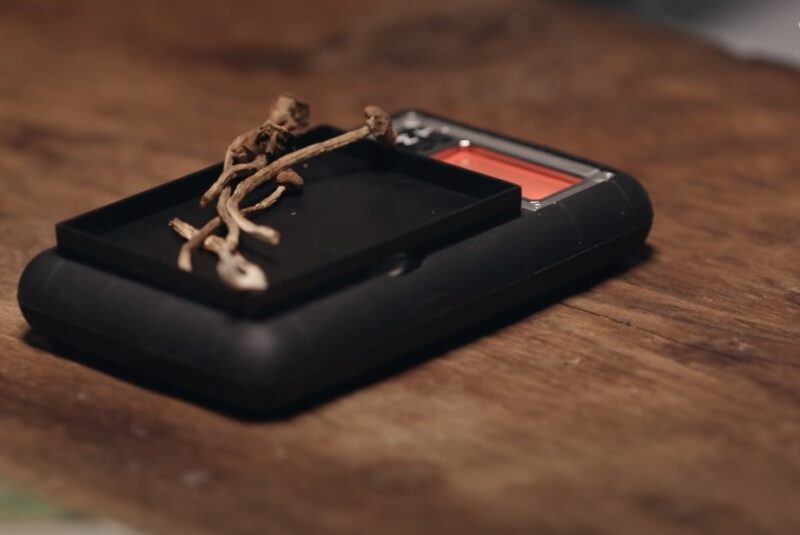
Testing is the necessary part of the research. We can learn a lot from the experience of consumers who were taking it while facing issues or having no problems at all. It is necessary to explore different causes when you are facing a problem, whether you are having sleeping issues, anxious attacks, and more.
Transformative Journeys
Many individuals who’ve undergone psilocybin therapy describe it as one of the most profound experiences of their lives. They talk about feelings of interconnectedness, a deeper understanding of themselves, and a newfound appreciation for life.
These personal accounts often highlight a sense of clarity and purpose post-session.
Challenges and Breakthroughs
However, not all experiences are positive. Some individuals recount challenging trips, where they confronted deep-seated fears or traumatic memories. Yet, even these challenging experiences can lead to breakthroughs.
With the guidance of trained therapists, many find resolution and healing through confronting and processing these difficult emotions.
The Risks and Considerations
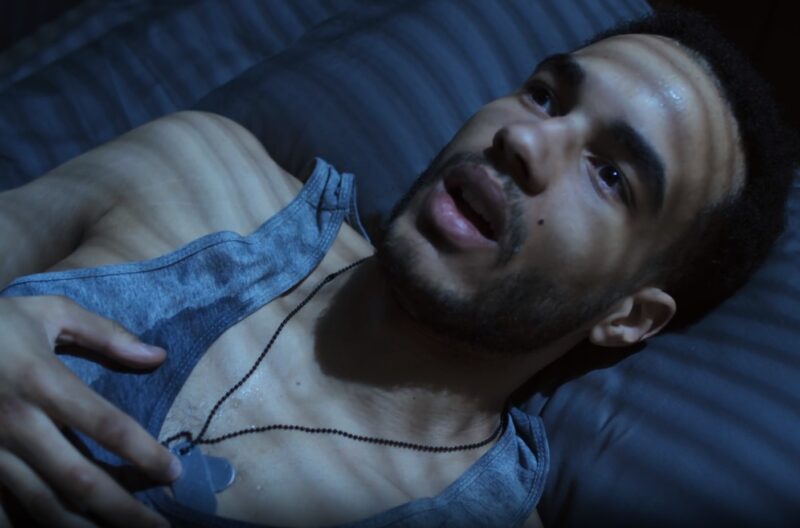
Potential Side Effects
Like all treatments, psilocybin isn’t without its risks. Some potential side effects include:
- Nausea or vomiting
- Paranoia or panic
- Impaired judgment
- Unpleasant hallucinations
It’s essential to approach psilocybin with caution and under the guidance of trained professionals.
Set and Setting
The environment in which one consumes psilocybin plays a significant role in the experience. A safe, comfortable, and controlled setting can make the difference between a positive and negative trip.
Additionally, one’s mindset going into the experience can influence the outcome. It’s recommended to be in a calm and open state of mind.
The Future of Psilocybin in Mental Health
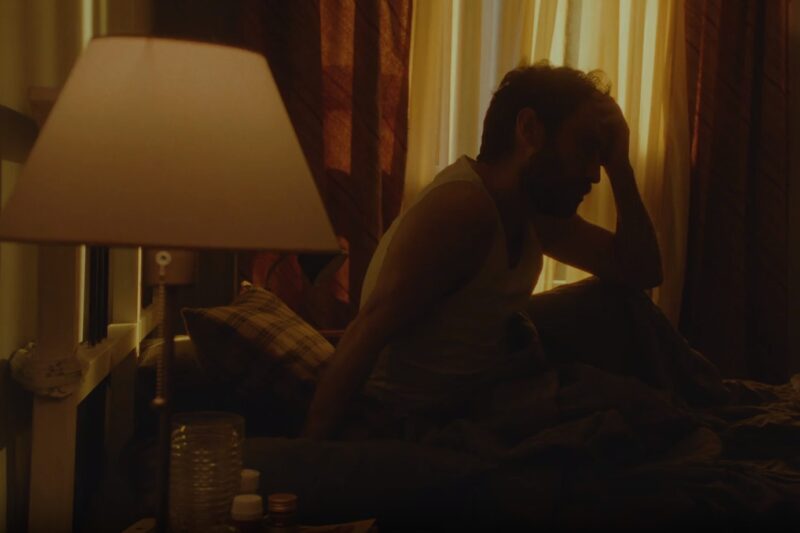
It is a good thing that experts are now focused on exploring alternatives, especially when it comes to natural medicine.
Continual Research
We can see that many experts are interested in this topic. That is a good thing because we will be able to understand more about the structure of this drug, all kinds of effects that it could cause, and much more.
Legal and Ethical Considerations
The legal status of psilocybin varies worldwide. In some places, it’s classified as a Schedule I drug, indicating a high potential for abuse and no accepted medical use.
However, this classification is being challenged as more research emerges. Ethical considerations also come into play, especially concerning the potential for misuse or over-commercialization.
Comparison with other Treatments
It is not simple to determine the best solution for some condition. It can be related to various factors like the severity, individual preferences, and more. Also, detailed comparison is the best way to find the right solution.
Here is a table with different treatments, including the main features, efficiency, potential side-effects, and more.
| Treatment | Psilocybin | SSRIs (e.g., Prozac, Zoloft) | Benzodiazepines (e.g., Xanax, Ativan) | Cognitive-Behavioral Therapy (CBT) | Exercise |
|---|---|---|---|---|---|
| Mechanism | Psychedelic compound found in certain mushrooms | Increases serotonin levels in the brain | Enhance GABA activity, reducing anxiety | Psychological therapy that helps change thought patterns | Physical activity can improve mood and reduce symptoms |
| Legal Status | Schedule I controlled substance in many countries | Generally legal with a prescription | Controlled substances with potential for abuse | Legal and widely used therapeutic approach | Legal and encouraged for mental well-being |
| Research | Limited studies, promising results in small trials | Extensive research, generally considered safe and effective | Widely used, but concerns about dependence | Well-established, effective treatment | Proven benefits for mood and mental health |
| Side Effects | Possible nausea, anxiety, hallucinations during the experience | Nausea, sexual dysfunction, weight changes, and other side effects | Drowsiness, dependence, withdrawal symptoms | None, but may be emotionally challenging | Generally safe, risk of injury |
| Duration of Treatment | Single or infrequent sessions | Ongoing, long-term use | Short-term use for acute anxiety | Several sessions over weeks/months | Ongoing, integrated into lifestyle |
| Efficacy | Promising, with potential for rapid and sustained relief | Effective for many but may take weeks to months | Effective for acute anxiety but not recommended for long-term use | Effective for many, long-lasting benefits | Effective for mild to moderate depression and anxiety |
| Risks | Risk of adverse psychological reactions, legality, and lack of long-term data | Potential for side effects, withdrawal symptoms, and interactions | Risk of dependence, withdrawal, and cognitive impairment | None of the risks associated with medications | Low risk, but potential for overexertion or injury |
Microdosing and Its Effects
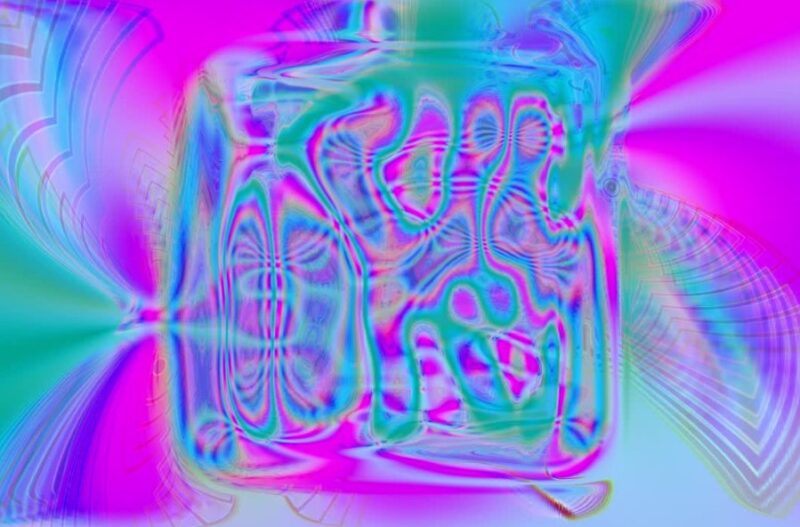
Microdosing, which involves taking sub-perceptual doses of psychedelics like psilocybin, has gained popularity in recent years. This practice differs from the typical psychedelic experience in that the amounts taken are too small to induce a full-blown “trip.”
It is a Sensitive Topic
Advocates of microdosing claim it offers enhanced cognitive function, boosts creativity, and improves mood without overwhelming the senses. While anecdotal reports are abundant, scientific research into the exact benefits and potential risks of microdosing is still in its infancy.
A Tricky Process
Some preliminary studies suggest that microdosing might help with depression, anxiety, and even attention deficit disorders, but more rigorous research is needed to confirm these findings. The main issue is that achieving control can be quite difficult. Taking this substance without having a strict plan could lead to side-effects or even addiction.
Long-Term Impacts of Psilocybin Therapy
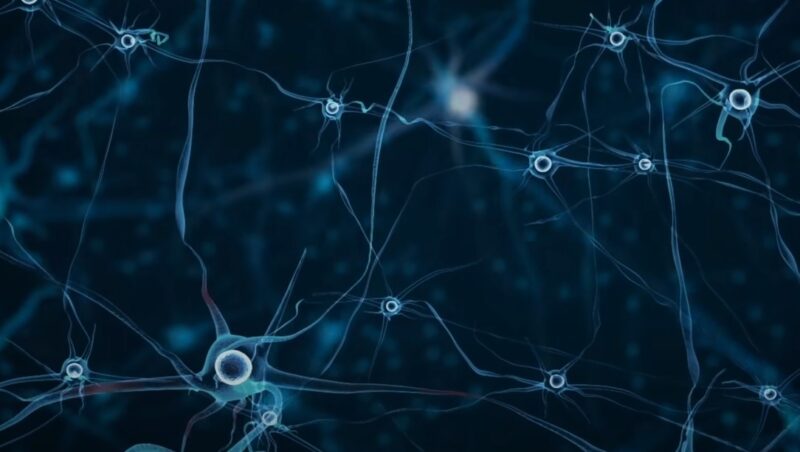
The immediate effects of psilocybin therapy are well-documented, with many patients reporting rapid improvements in mood and outlook. However, the long-term impacts are still being studied.
Some research suggests that the positive effects can last for several months to years after just one or a few sessions. Patients often report sustained reductions in symptoms of depression and anxiety, increased life satisfaction, and improved relationships.
The research done by the experts from the Health Psychology Department, Miguel Hernández University gave some promising results:
“The effectiveness of the treatments is noteworthy, leading to optimal results in a few sessions. The fact that patients showed a rapid reduction in depressive symptoms as early as one day or one week after a dose highlights the difference compared to traditional treatments with other antidepressant drugs, which generally require at least two weeks to take effect with daily administration, and may take 6 to 12 months to produce optimal improvement.”
Post-Trip Integration
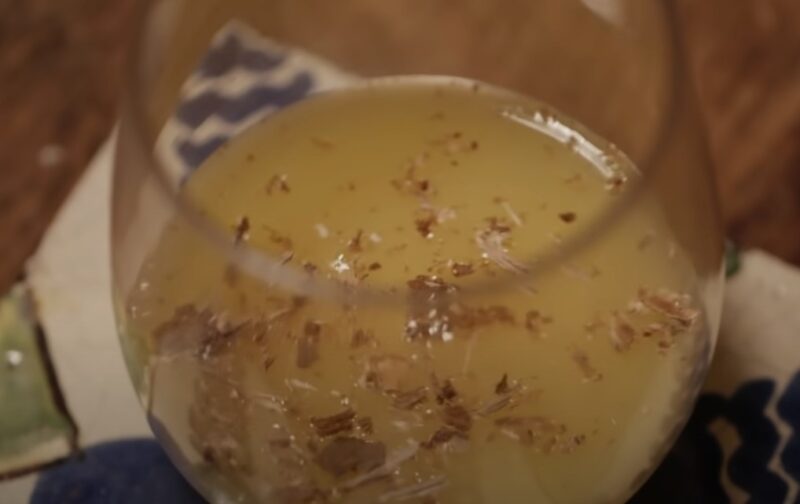
Integration is the process of assimilating the insights and experiences from a psilocybin session into one’s daily life. This phase is often overlooked but is essential for maximizing the therapeutic benefits of the experience. Integration might involve discussing the experience with a therapist, journaling, meditative practices, or even artistic expression.
The goal is to make sense of the experience, draw meaningful conclusions, and apply any insights to one’s life, leading to positive behavioral and attitudinal changes.
Possible Decriminalization
The renewed interest in psilocybin and its potential therapeutic benefits has sparked a global movement advocating for its decriminalization and acceptance in medical settings.
Grassroots organizations, patient advocacy groups, and even some political entities are pushing for changes in legislation that recognize the medical value of psilocybin. While some regions have already decriminalized or even legalized the use of psilocybin for therapeutic purposes, many areas still classify it as a prohibited substance.
The challenge lies in striking a balance between ensuring access for therapeutic use and preventing potential misuse or abuse.
FAQs
What is the difference between psilocybin and psilocin?
Psilocybin and psilocin are closely related compounds found in psychedelic mushrooms. Psilocybin is a prodrug, which means it gets converted into psilocin in the body. It’s psilocin that primarily interacts with the brain and induces the psychedelic effects.
How long does a typical therapeutic psilocybin session last?
A therapeutic psilocybin session can last anywhere from 4 to 6 hours, depending on the dosage and individual response. It’s recommended that individuals set aside the entire day for the experience, considering the preparation and post-session integration time.
Are there any potential interactions between psilocybin and other medications?
Yes, psilocybin can interact with other medications, especially other antidepressants like SSRIs or MAOIs. These interactions can alter the effects of psilocybin or the medications. It’s crucial to consult with a healthcare professional before combining psilocybin with any other drugs.
Can individuals build a tolerance to psilocybin?
Yes, repeated use of psilocybin in a short period can lead to tolerance, meaning more of the substance would be needed to achieve the same effects. However, this tolerance typically diminishes after a few days of abstinence.
How does the experience of microdosing compare to a full psilocybin session?
Microdosing involves taking a sub-perceptual dose, which means the effects are subtle and typically don’t induce hallucinations or profound altered states. People microdose to enhance creativity, mood, or focus. In contrast, a full psilocybin session induces a deep psychedelic experience, often accompanied by significant emotional, cognitive, and perceptual changes.
Summary
The crucial part is to understand that this is not something to take on your own. It is essential to take informed decisions when it comes to health and recovery. Therefore, you should always consult your doctor before choosing any medication.
